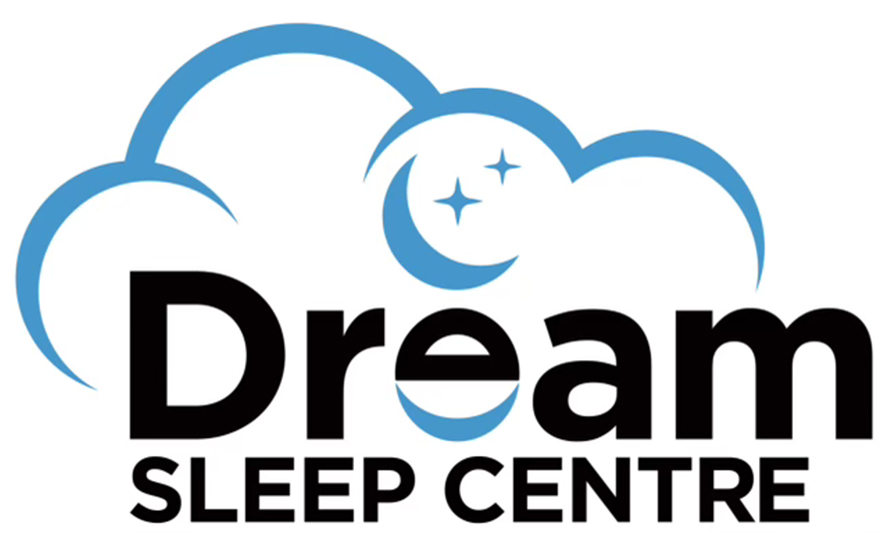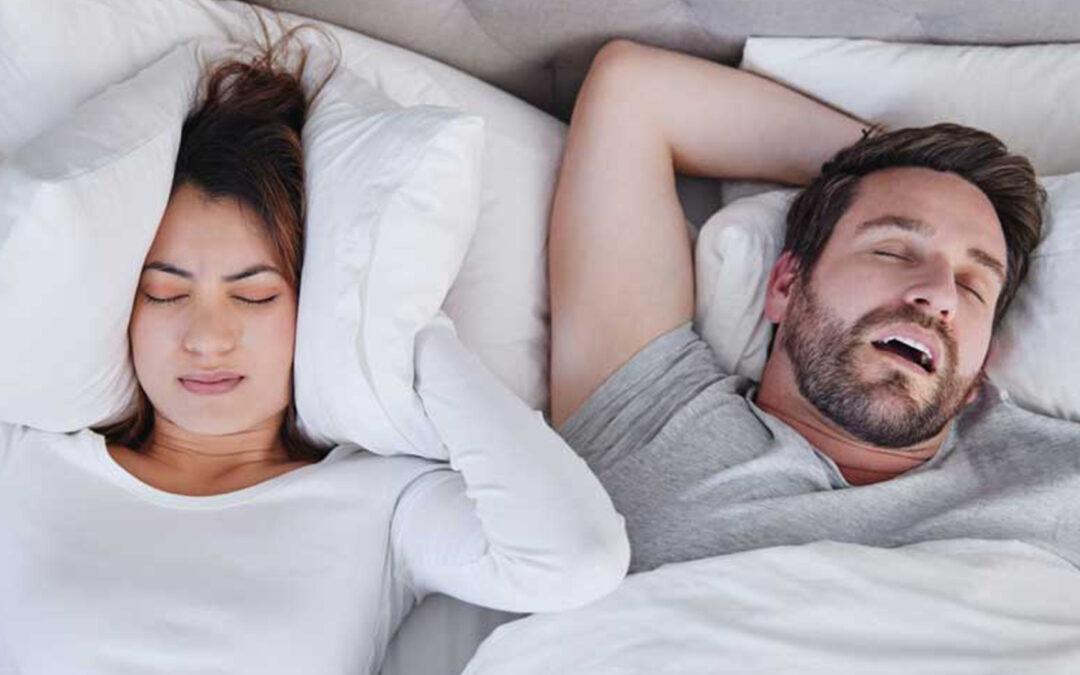Many people find snoring funny or treat it as something to be ashamed of. But did you know that loud snoring, especially when it comes with daytime fatigue and sleepiness, could be a sign of sleep apnea? Read on to find out what sleep apnea is and what causes this condition.
What You Need To Know
Sleep apnea is a common, but potentially dangerous sleep disorder that affects approximately 18 million American adults. It is characterized by a temporary stoppage of breathing during sleep. The most common type is called obstructive sleep apnea.
If you have sleep apnea, you might not be aware of these quick breathing pauses that happen multiple times a night, waking you up from your usual sleep feeling short of breath but all you would probably think is that you don’t feel as bright or awake during the day as you normally would.
Causes And Risk Factors
Many factors help contribute to the obstruction or collapse of a person’s airway including certain physical structures, such as having recessed chin, a large overbite, tongue or tonsils, a small jaw or upper airway, or a large neck.
Sleep apnea can also be due to certain medical conditions, such as allergies that cause nasal congestion, obesity, endocrine disorders, neuromuscular problems, heart or kidney failure, some genetic syndromes, and premature birth.
Additionally, there are various risk factors for this sleep disorder. These include an unhealthy lifestyle, family history, sex, age, race, and ethnicity.
Signs Of Sleep Apnea
Since the symptoms of sleep apnea only occur when you are asleep, it’s practically impossible to identify it yourself. You can, however, try to record yourself sleeping or ask your partner to monitor your sleeping habits to find out if there is loud snoring almost every night, pauses in breathing, or if you make unusual sounds, such as snorting, gasping, or choking during sleep. These are some of the major warning signs of sleep apnea along with daytime fatigue and sleepiness regardless of how much sleep you get.
Is It Just Snoring Or Sleep Apnea?
Not everyone who snores is suffering from sleep apnea and not everyone who has this sleep disorder snores. So, how do you distinguish normal snoring from sleep apnea?
The most important sign to tell the difference should be how you generally feel the next morning. Normal snoring hardly interferes with the quality of your sleep and should not cause you to experience intense fatigue or restlessness during the day.
Ways To Treat Sleep Apnea
Although being diagnosed with sleep apnea can be scary, rest assured that this is a treatable health condition. As a matter of fact, if your case of sleep apnea if mild to moderate, there are simple things that you can do on your own. Home remedies and various changes in your habits can significantly alleviate the symptoms and although it should not replace your doctor’s evaluation and treatment, lifestyle modifications can still go a long way to help you manage the condition. These include losing weight, exercising regularly, quitting smoke, limiting alcohol consumption, avoiding caffeine intake, and maintaining a regular sleep cycle.
If you think you have sleep apnea or know someone who might be experiencing its symptoms, visit Dream in Del Mar or call our offices in Del Mar, California, today at 858-755-1166.

